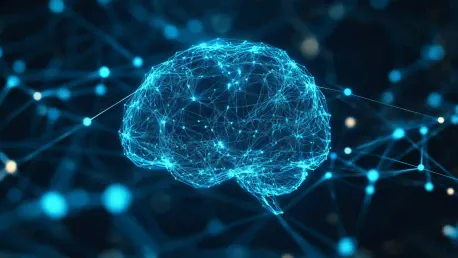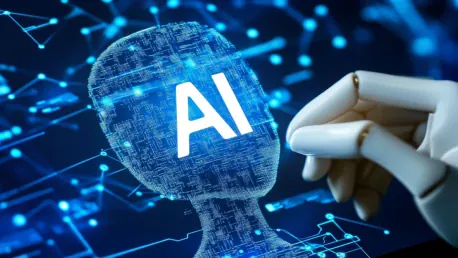
DALL-E, developed by OpenAI, is an AI model that can generate images from textual descriptions, representing a groundbreaking advancement in AI-generated art. With its capability to transform simple text prompts into highly accurate and realistic images, DALL-E showcases the power of machine

Laurent Giraid is a technologist with vast expertise in Artificial Intelligence. His interests primarily lie in machine learning, natural language processing, and the ethical aspects surrounding AI. Today, Laurent will discuss the nuances between human intelligence and AI, the future of wireless

In an era where artificial intelligence (AI) systems are evolving at a rapid pace, ensuring these systems operate in alignment with human goals has become both a priority and a challenge. Anthropic, a company specializing in AI safety, has recently embarked on a groundbreaking journey to develop

Artificial Intelligence (AI) is no longer a vague concept of science fiction; it has become an integral part of various industries, transforming how we approach solutions to complex problems. From autonomous vehicles to AI-assisted medical procedures, the integration of AI in engineering has had a

Laurent Giraid is a technologist with expertise in Artificial Intelligence, particularly in machine learning, natural language processing, and the ethics surrounding AI. In this interview, Laurent will discuss how AI is transforming cybersecurity and cybercrime, how cybercriminals are weaponizing

As artificial intelligence (AI) systems become more integral to society, questions concerning their ability to promote social justice have arisen. These AI technologies, embedded in various sectors including employment, law enforcement, and welfare distribution, have sparked debate among